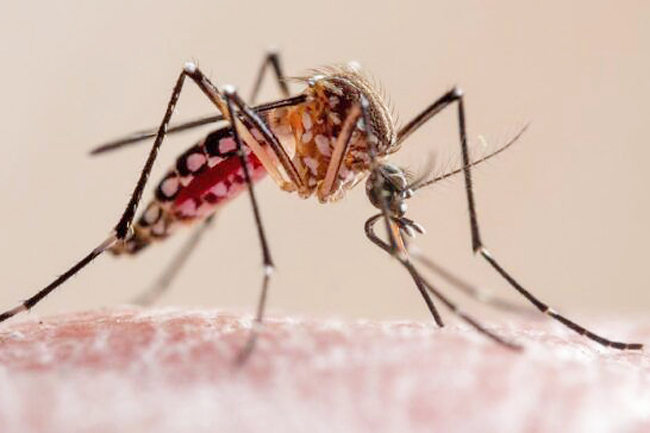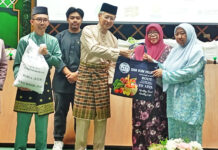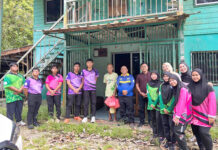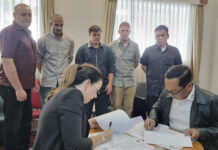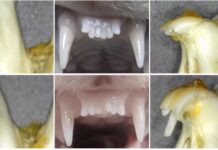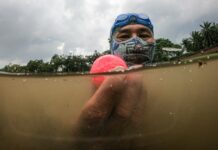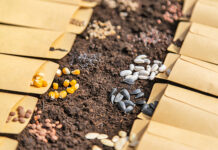ANN/LAOTIAN TIMES – A team of Japanese scientists has issued a warning about an increase in insecticide-repellent mosquitoes across Southeast Asia.
The team, led by director of the Department of Medical Entomology at Japan’s National Institute of Infectious Diseases Shinji Kasai, discovered a new genetic mutation that sees Aedes aegypti mosquitoes – also known as yellow fever or dengue mosquitoes – become more resistant to common insecticides, Nikkei reported.
The genetic mutation was named “L982W” by the team.
Mosquitoes from Vietnam and Cambodia were examined, with results showing that even with the concentration of insecticides raised to a factor of 10, about 80 per cent of the mosquitoes survived.
The study shows that between 78 per cent and 99 per cent of mosquitoes in three cities – Hanoi in the north of Vietnam and Ho Chi Minh City in the south, as well as the Cambodian capital Phnom Penh across the border – have this genetic mutation.
According to Kasai’s team, the mosquitoes may have spread from Cambodia into neighbouring Vietnam. Although the mosquitoes with the genetic mutation have not spread into Laos and other regions of Asia, there is still a possibility they might migrate throughout Indochina. Kasai and his team stress that examination of the migration of these mosquitoes and ways to reduce pyrethroid insecticides must be closely monitored.
To try and combat the spread of disease-carrying mosquitoes, Laos plans to release mosquitoes carrying the Wolbachia bacteria in certain districts between late April and September.
